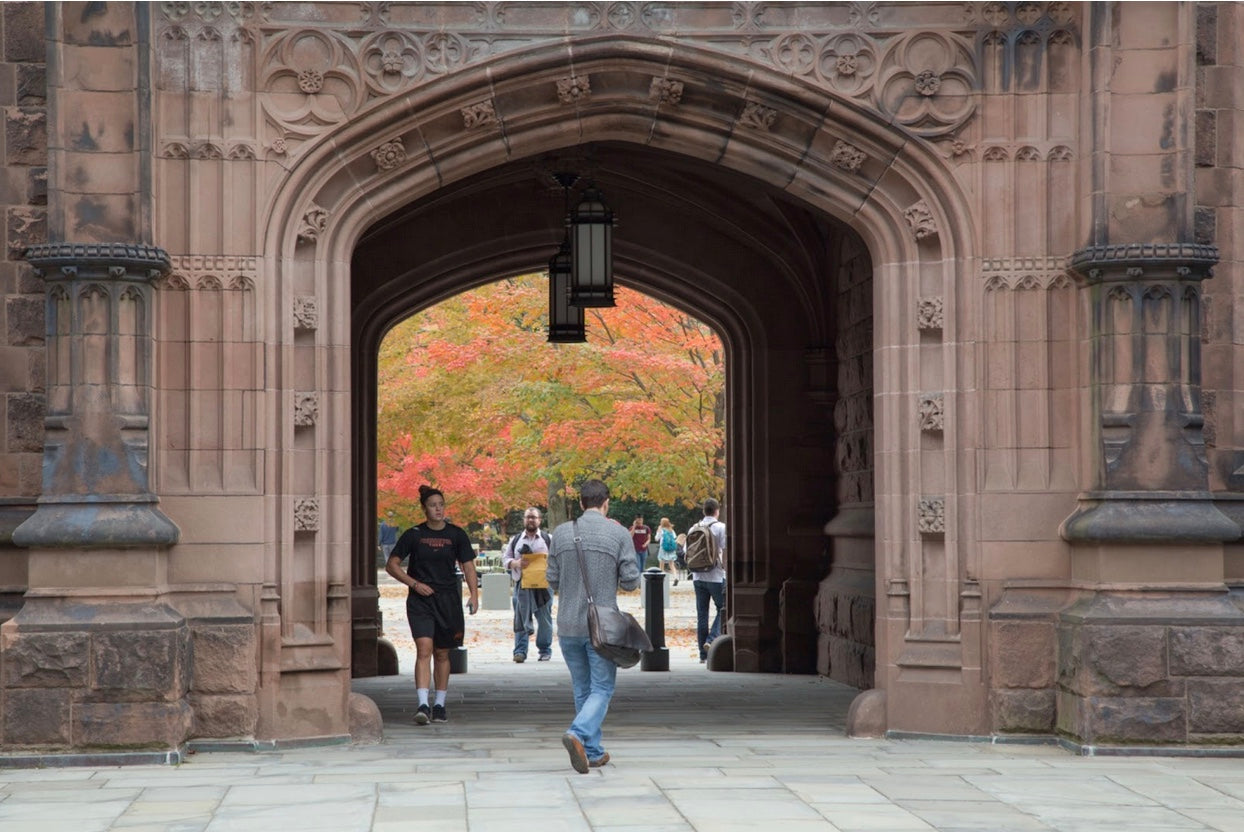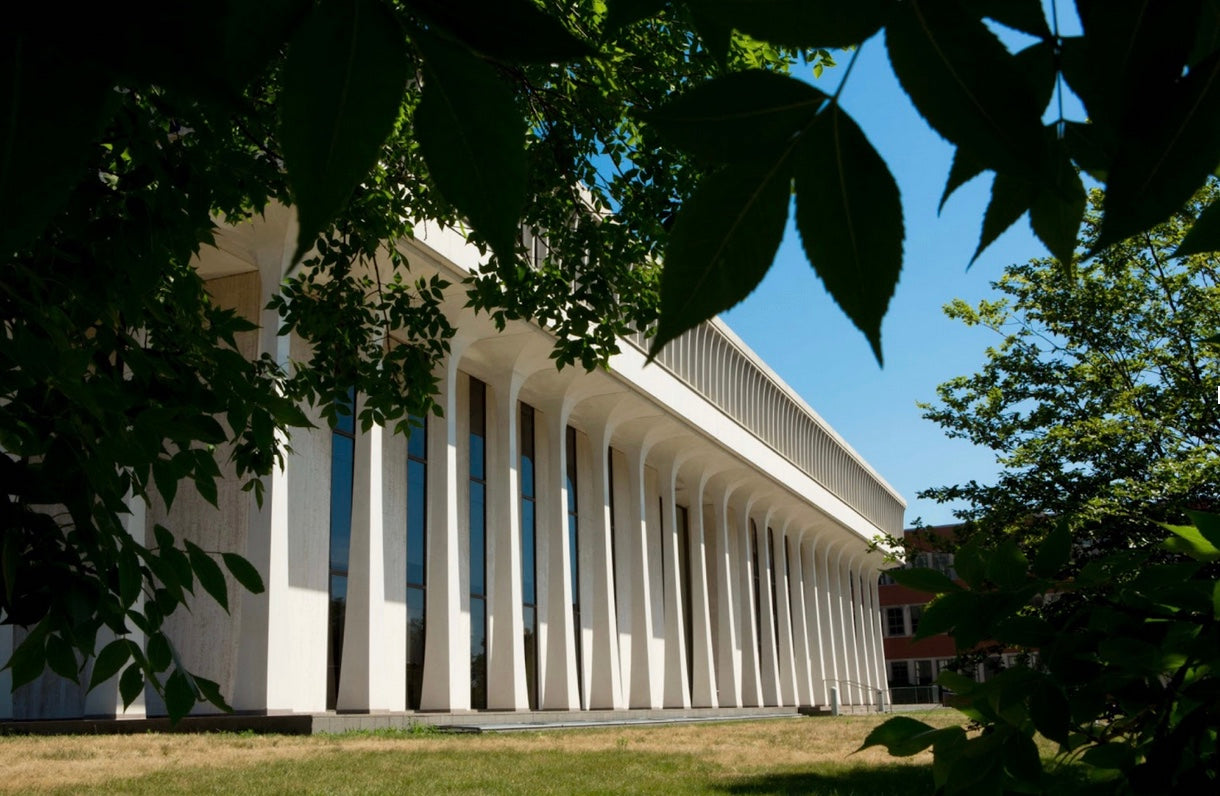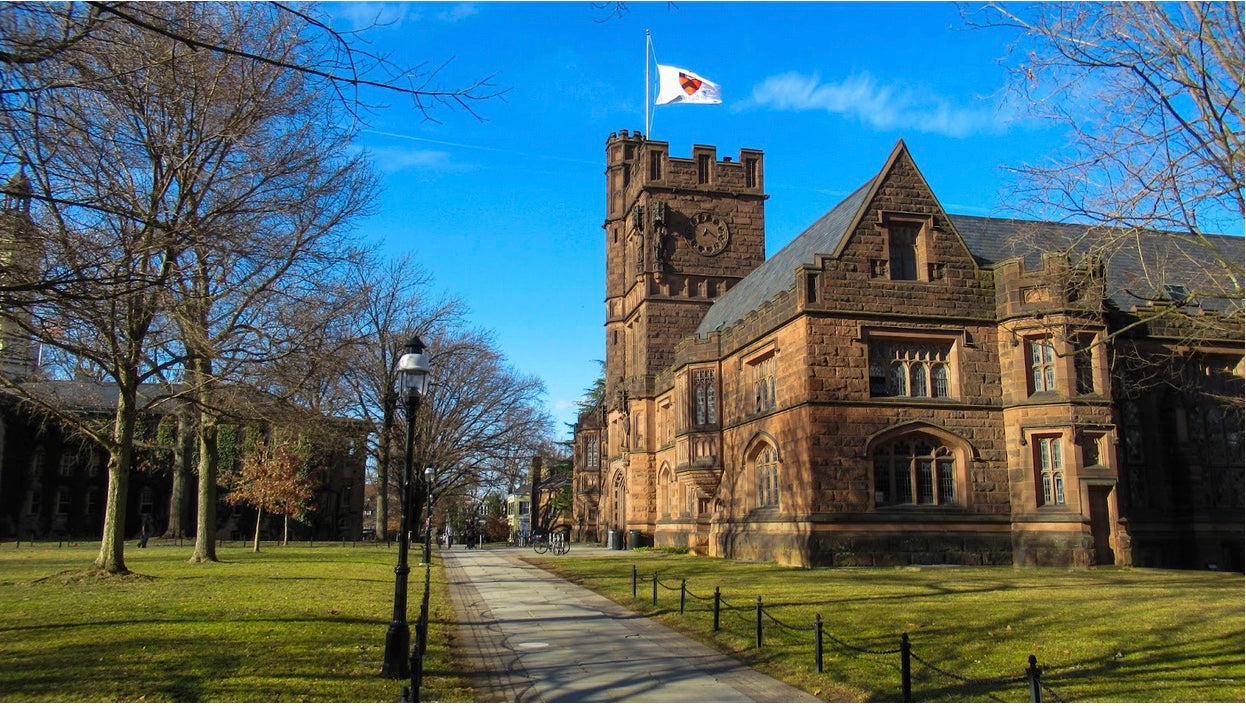Your Cart is Empty
January 29, 2024
To Princetonians for Free Speech Subscribers, members and friends,
First, an exciting announcement: PFS has just launched an Inner Circle program. For just a minimum annual donation of $100 you can join our PFS Inner Circle and will receive access to insider-only virtual and in-person events including virtual cocktail hours with our founders, current students and special guests, invitation-only reunion receptions, and honorary insider gifts, with a bonus gift for subscribers over $500. Please fill out the form at the link below to join!

As a reminder, we are looking for feedback from our subscribers in our PFS Subscriber Survey. We care what you think!


On January 25th this strongly-worded letter was sent to President Christopher Eisgruber from the Foundation for Individual Rights and Expression (FIRE) and the Anti-Defamation League “to express our collective concern about Princeton University’s improper use of no-contact orders to censor students.” Excerpts appear below and you can read the full letter in the link.
“While no-contact protocols are important tools to keep students safe from properly defined discriminatory harassment, and threatening, intimidating, or assaultive conduct, Princeton appears to be granting these orders for any student who requests one, so long as minimal procedural prerequisites are satisfied. These orders are being issued by administrators with disciplinary authority, under threat of punishment, without a modicum of due process, and most unconscionably—where the student-speaker is not even alleged to have violated any university policy. This practice is deeply chilling, in blatant violation of Princeton’s laudable free expression policies, and must end immediately. Perhaps more dismaying that the abuse of Princeton’s no-contact and no-communication order, is that your administration has known for over a year that these rights incursions are occurring, yet has failed to act.”
“Princeton’s commitments to free speech are admirable—but only to the extent to which they are followed. As written, they properly align with First Amendment jurisprudence and prevailing conceptions of free speech and free press principles. Any reasonable student or student journalist reading these policies would be confident they have the right to engage in difficult discussions without worrying they will be slapped with a no-contact order, under threat of discipline. Student journalists are also promised their right to engage in dogged newsgathering, including contacting student leaders in the ordinary course of their reporting. But Princeton has betrayed its promises by allowing students to censor their peers on the basis of subjective offense. These outcomes cannot be squared with the university’s mission or purported commitments.”
The growing recognition that America’s universities have lost their way has inspired a number of course-correction ideas. Here are some of the best approaches to help restore public trust in higher education.
Princeton Principles for a Campus Culture of Free Inquiry
“The following principles 1) articulate the core mission of the university in relation to its special status as an educational institution dedicated to free inquiry; 2) provide standards that cultivate free and vigorous inquiry in scholarship, teaching, and campus activities beyond the classroom; and 3) offer broad guidelines for the revitalization of the university’s core mission.”
A 5-point plan to save Harvard from itself By Steve Pinker
“For universities to have a leg to stand on when they try to stand on principle, they must embark on a long-term plan to undo the damage they have inflicted on themselves.”
A Vision for a New Future of the University of Pennsylvania written by Penn faculty and signed by over 2000 faculty, students, alumni and parents of alums.
“To recommit to [Ben] Franklin’s vision, Penn’s sole aim going forward will be to foster excellence in research and education. This aim is in the best long-term interest of all members of society. Penn’s strong focus on academic excellence, curiosity, and innovation has historically attracted scholars and students from a wide variety of backgrounds. Today, as Penn’s competitors struggle to define their mission and lose their focus on this manner of excellence, Penn has a unique opportunity to emerge as a globally leading academic institution in an ever more competitive international landscape. In this document, we present a summary of a vision for Penn based on a set of common principles that will help it achieve this ambitious goal and stand the test of a turbulent time.
DEI is Worth Saving From its Excesses
By Harvard economist Roland Fryer, Wall Street Journal January 22, 2024
“Some of what happens under the DEI banner is truly objectionable, even illegal—hiring, promotion and admissions standards under which race trumps qualifications, training sessions that create a hostile environment for whites. But as companies, universities and other organizations weed out these practices, they should be careful that the parts of DEI that the majority of us agree on don’t become collateral damage. DEI as talent optimization is good for disadvantaged groups, good for organizations that embrace it, and good for America.”
College Is All About Curiosity. And That Requires Free Speech True learning can only happen on campuses where academic freedom is paramount – within and outside the classroom.
By Stephen L. Carter, New York Times, January 24, 2024
Yes, The Last 10 Years Really Have Been Worse for Free Speech
By Greg Lukianoff, The Eternally Radical Idea, Substack, January 24, 2024
Third-Rate Governance for First Rate Universities
By John O. McGuinness, Law and Liberty, January 25, 2024
Lessons to Learn from University Presidents
By James L Huffman, DC Journal, January 17, 2024
For Country and for Yale A new reform movement among the professoriate aims to prioritize the pursuit of knowledge.
By James Freeman, Wall Street Journal, January 9, 2024
Universities Are Not on the Level Academics should think more about what their industry has done to lose the trust of Americans
By Josh Barro, Very Serious on Substack, January 6, 2024

Roland Fryer, professor of economics at Harvard University
and a founder of Equal Opportunity Ventures
“I received a minority scholarship to attend graduate school; I assume I was a DEI admit. My math GRE scores were in the 95th percentile, while my study partners’ scores hovered around the 99th. But what I endured to achieve those scores—a father in prison and a mother I had yet to meet—were important context. … I worry that the desire to take down DEI in its entirety will make successes like mine harder, even impossible, to realize. What gives me hope is that there are important parts of DEI almost anyone can believe in. Optimizing talent and giving all the opportunity to reach their full potential are at the core of what it means to be American.”
Roland Fryer, Wall Street Journal January 22, 2024
Thank you for your interest in our new newsletter and our website. Please forward our newsletter and/or a link to our website to others who might be interested, or suggest that others subscribe directly HERE.
And please spread the word in your class notes! We want more Princetonians to know about PFS. Just email pawnotes@princeton.edu to submit your note.
Of course, we welcome your comments and suggestions HERE.
For more national and campus news concerning free speech, academic freedom and related topics, please visit our website HERE and be sure to follow us on Facebook, Instagram, and Twitter.
October 1, 2025
Dear PFS Subscribers, Members and Friends,
On September 25, PFS Vice-Chair Leslie Spencer ‘79 and Executive Director Angela Smith attended the third annual conference of the MIT Free Speech Alliance, an affiliated alumni group. The conference focussed on this fraught moment in higher education, with threats posed by both left and right and by the federal government.
August 29, 2025
Dear PFS Subscribers, Members and Friends,
Big news! PFS now has over 10,000 subscribers, representing 14% of the undergraduate alumni population.
“Resist vs. Reform” is this month’s Special Feature: President Christopher Eisgruber ‘83 was in the spotlight, forcefully defending his leadership role in the now publicly acrimonious divide. Some university presidents, including Eisgruber, urge their colleagues to present a united front against the Trump administration and refuse to admit a need to reform longstanding problems. The opposing camp, led by Chancellors Daniel Diermeier of Vanderbilt University and Andrew D. Martin of Washington University St. Louis, argues that “de-wokification” reform from within is the only way to resolve what is needed to restore public confidence in elite higher education.
July 1, 2025
Dear PFS Subscribers, Members and Friends,
June provides a welcome pause for PFS to try to make sense of a year uniquely disruptive in the history of American higher education. There was no better place to do this than at Heterodox Academy’s third annual conference, Truth, Power and Responsibility, held June 23 - 25 in Brooklyn, New York.



